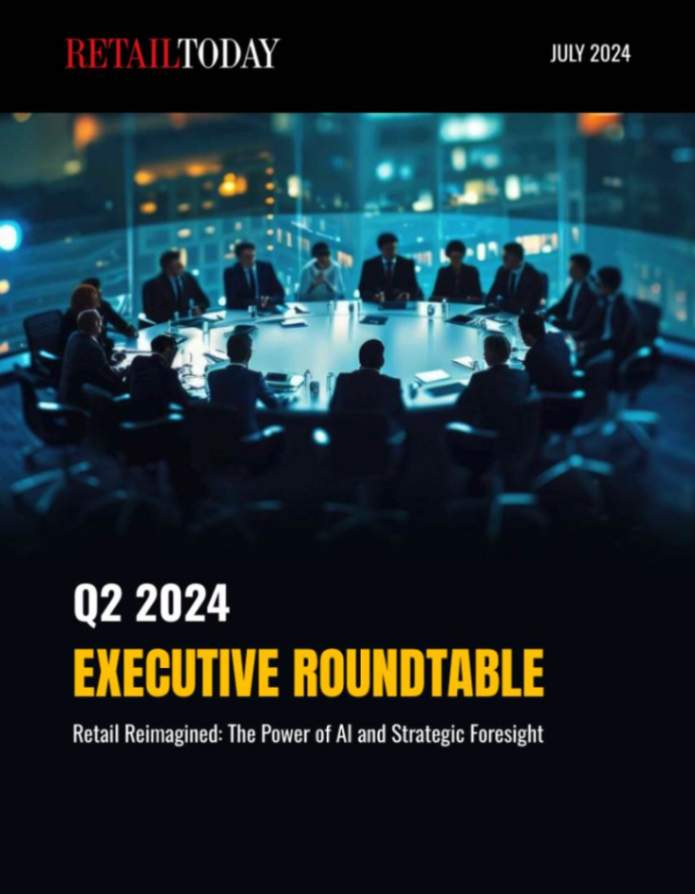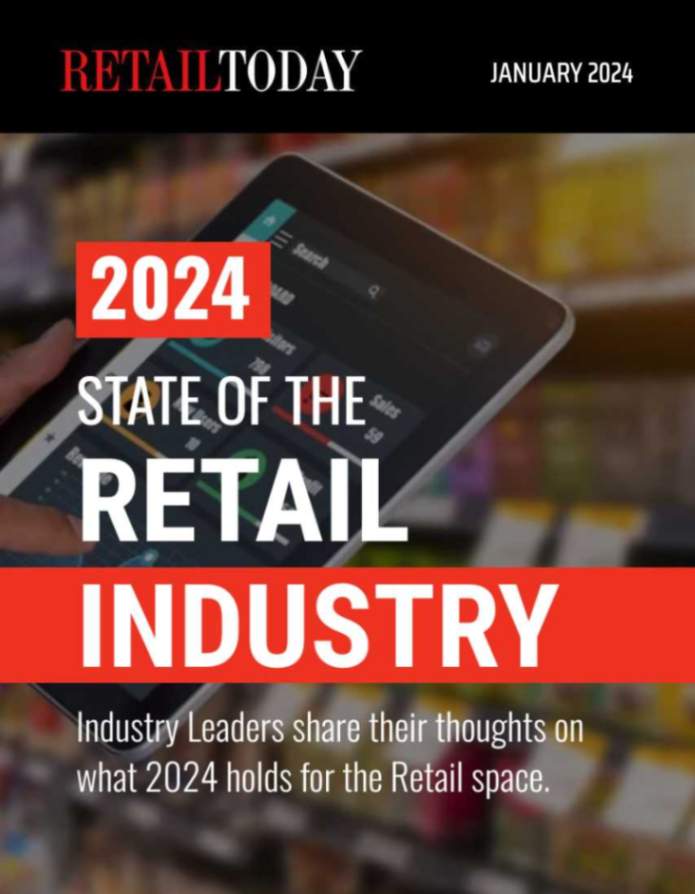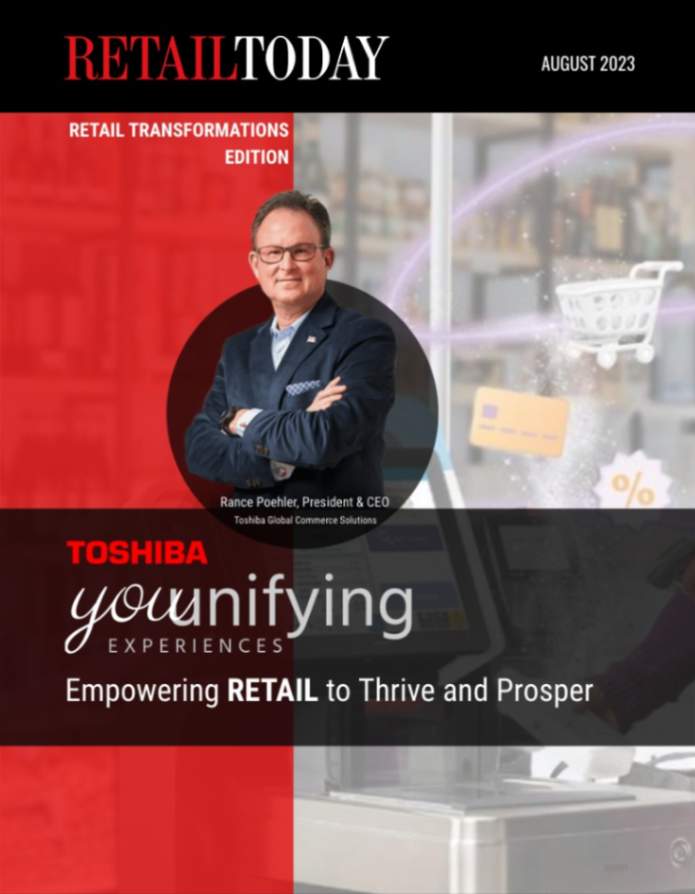
Retailers are under the gun in 2023 to deliver customer orders quickly, seamlessly, and even sustainably. Throw inflation, volatile commodity prices, and ever-increasing customer expectations into the mix and maintaining profitability becomes a challenge. Given the issues colouring the ecommerce landscape, optimizing fulfillment performance is an important strategy to thrive in the face of marketplace uncertainty. Here are four factors that impact fulfillment—and ultimately top- and bottom-line performance—as retailers navigate ongoing turbulence:
- Sustainability in the spotlight
Sustainable products and services, in conjunction with sustainable business practices, are becoming increasingly critical competitive differentiators. Consumers—especially Gen Z and Millennial shoppers—care about the planet and want to do business with retailers that aren’t merely paying lip service to the climate change issue. Offering customers environmentally friendly delivery options at the point of order should be a priority in meeting growing consumer expectations. Regrettably, many retailers make the mistake of perceiving home delivery sustainability as yet another challenge from the consumer, instead of an opportunity to capture market share, reduce delivery costs, and help the environment. In fact, a recent study found that many consumers prefer to buy from retailers with sustainable delivery practices and eco-friendly delivery options that reduce environmental impact.
- Operational agility necessitates fulfillment automation
The fallout from disrupted supply chains reinforces the need for increasing operational agility to minimize costs. For retailers still clinging to time-consuming and error-prone paper-based order fulfillment practices, automating fulfillment management and inventory control should be a priority. By implementing automated barcode-based workflows to simplify and accelerate the pick-pack-ship process in the warehouse, retailers can easily flex fulfillment to manage peak season order volumes. In addition, a barcode scan can trigger background processes to inform customers that their item has been picked and is on its way and, at the same time, it can update ecommerce sales channels with real-time stock availability, ensuring accurate inventory availability across marketplaces to keep orders rolling in.
- Labor shortages hinder warehouse efficiencies
Labor shortages across warehouse and transportation logistics continue to exacerbate supply chain challenges. With workers thin on the ground, maximizing warehouse efficiency is critical. By leveraging technology to accelerate warehouse and shipping workflows, retailers can minimize the impact of staff shortages by handling more orders with less effort to help protect profit margins. Multi-order picking and multi-order tote picking can also decrease walking distance in the warehouse by 80% or more as well as lower packing and shipping time. Similarly, shipping technology can evaluate transit time vs. cost to select the optimal carrier for each shipment. Plus, greater automation simplifies workers’ roles, accelerates new hire training, and makes job opportunities more compelling for potential employees.
- Customers crave convenience
While customer definitions of “convenience” differ, retailers need to understand their customer avatars—both buyer and delivery personas—to offer customers a measure of control over the ordering, delivery, and returns experience. Delivery is a big piece of the convenience conversation—and 68% of consumers who experience delivery problems will act on poor performance (e.g., did not order from retailer again, told friends/family to avoid delivery company, posted dissatisfaction on social media). Prioritizing delivery performance helps to build brand loyalty and increase the lifetime value of customers. Giving customers the opportunity to choose delivery options based on their definition of convenience (e.g., lowest cost, precise delivery window, fastest, pick-up location, etc.) is key.
While ongoing supply chain disruptions, staff shortages, and economic uncertainty will continue to make day-to-day ecommerce operations challenging, retailers that keep an eye on fulfillment performance will be more strongly positioned to drive resiliency and profits.
With over 17 years of experience in the ecommerce fulfillment and shipping space, Johannes Panzer drives the go to market strategy for Descartes’ Ecommerce division globally as head of Industry Solutions for Ecommerce and looks after software solutions for SME’s, including Peoplevox, pixi, ShipRush and Ozlink. Johannes has an extensive marketing background in B2B, SaaS, and E-Commerce in agile project management with several years leading the Descartes product management group in Germany.







